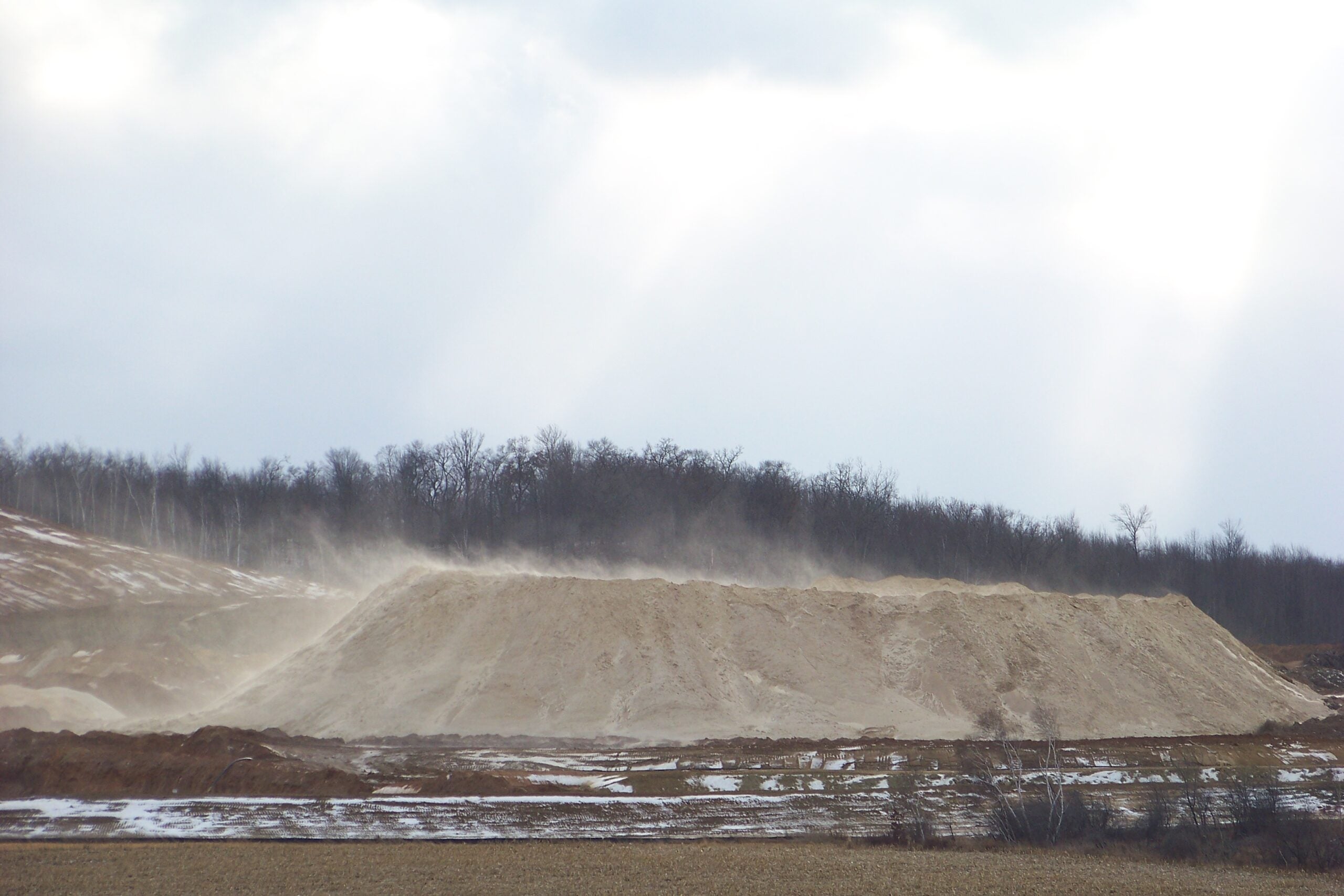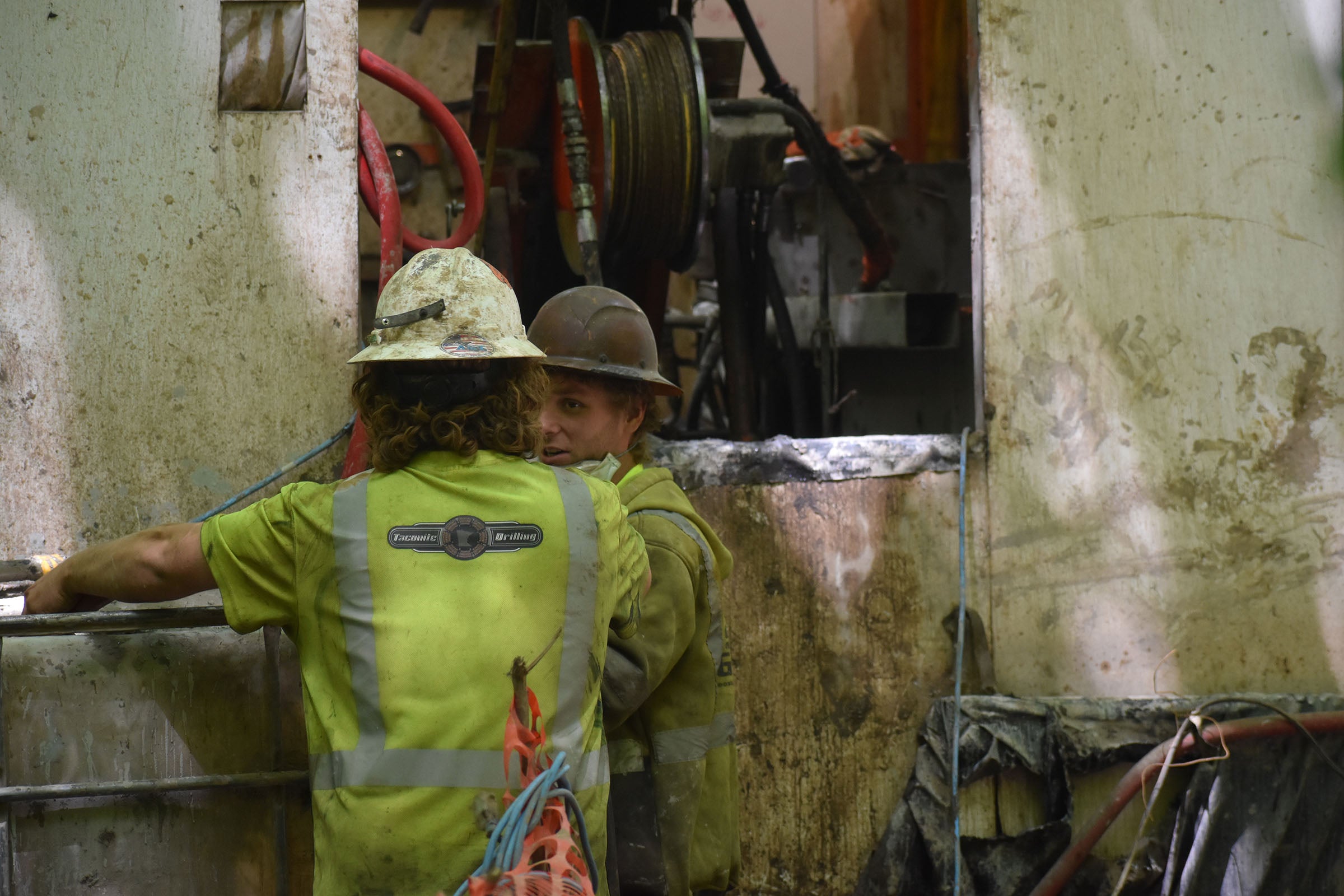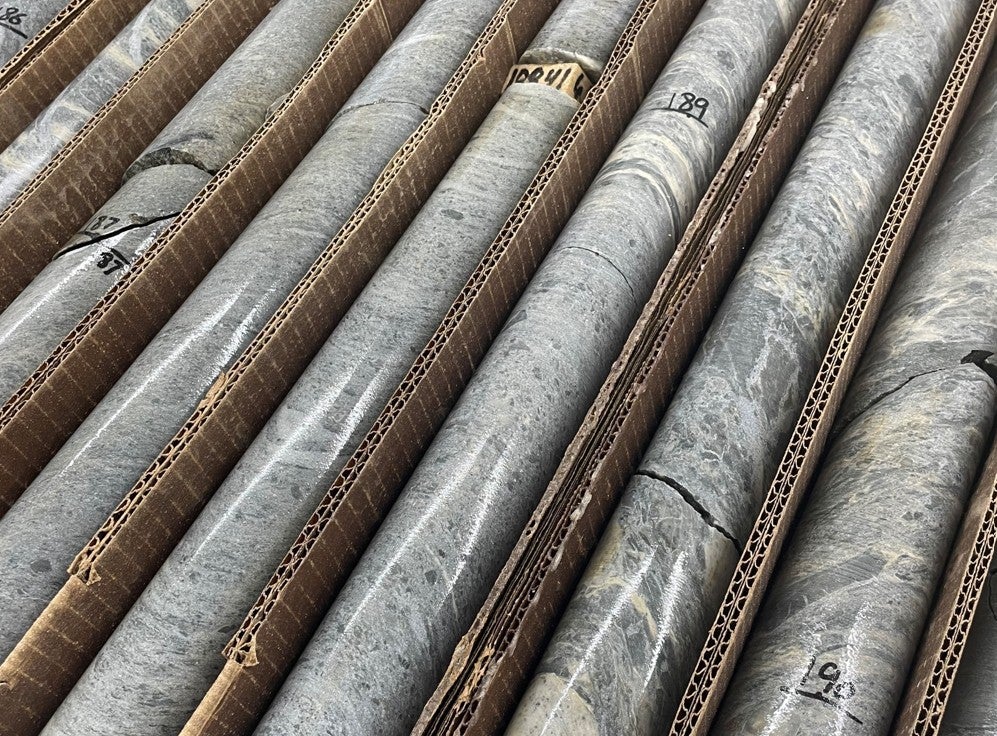Emerge Energy Services, which owns eight frac sand mining and processing facilities in Wisconsin under subsidiary Superior Silica Sands, has filed for Chapter 11 bankruptcy protections in federal court. Now, officials in Chippewa and Barron counties are working to find out how the bankruptcy might impact plans to reclaim idled sand mines.
Emerge Energy filed for bankruptcy Monday, though court documents obtained by WPR show one mine and two processing facilities are still in operation. The filings list more than $338 million in debt from creditors around the country including construction, excavating and contracting companies in Wisconsin. Emerge Energy listed a roughly $6.2 million debt owed to Market & Johnson Inc., which is based in Eau Claire.
The frac sand mining company was already in financial trouble. In May, Emerge Energy announced it was entering into a debt restructuring agreement with its lenders outside of court but said bankruptcy was a possibility if talks broke down.
News with a little more humanity
WPR’s “Wisconsin Today” newsletter keeps you connected to the state you love without feeling overwhelmed. No paywall. No agenda. No corporate filter.
The filing was in stark contrast to a period of boom years for Emerge Energy’s Wisconsin business. In court documents, the company said it experienced rapid growth between 2011 and 2014, a time when demand for Wisconsin frac sand, known as northern white by industry insiders, skyrocketed. The company’s stock prices hit their highest point in August 2014 when they traded at $144.17 a share.
But beginning in 2015, the frac sand industry declined substantially when oil prices fell, as did demand for sand. Then, around 2016, a Texas frac sand mining boom began displacing Wisconsin’s northern white because companies drilling for oil in Texas were able to buy local sand at a fraction of the cost of shipping it from Wisconsin.
In October 2018, Emerge Energy CEO Rick Shearer said the company was laying off 20 employees at its Wisconsin operations mainly due to the influx of sand from Texas.
When The Mining Stops
Wisconsin statute mandates that companies reclaim sand mines after industrial activities on the property are completed. That means re-contouring the land, replacing top soil stripped during the mine’s construction and reseeding. To ensure reclamation can be completed even if a mining company goes out of business, counties have required financial assurance, usually in the form of bonds taken out by operators like Emerge Energy.
Dan Masterpole, Chippewa County land conservation director, said he first heard of Emerge Energy’s bankruptcy by way of the media. State law gives the company 10 days to notify regulatory authorities.
“There currently is $3 million worth of financial assurance in place in Chippewa County to assure reclamation of the mine site,” said Masterpole. “Another $1.7 million has been requested of Superior Silica and they’re in the process of attempting to provide that.”
When asked if the bankruptcy would impede attempts at gaining additional financial insurance, Masterpole said it’s a decision “that will have to be made by the courts” as the Chapter 11 case proceeds.
Masterpole said this was the first time the county has had a company holding cash for reclamation go bankrupt. But he said the company has worked well with the county over the past six years.
“I think it’s important to recognize that all parties are working to assure successful reclamation, the mining company itself, the county and the Department of Natural Resources,” Masterpole said. “And we will just have to work together along with the landowners … to work through this as the bankruptcy proceeds.”
Permits Still Enforced
In addition to mine reclamation permits issued by local governments, frac sand companies must also get permits from the state Department of Natural Resources for high-capacity wells, and stormwater and wastewater management. In an emailed statement, DNR spokeswoman Sarah Hoye said as with the local permits, any state permits obtained by Emerge Energy subsidiary Superior Silica Sands remain in effect.
“The mines continue to be responsible for complying with the terms and conditions of their WPDES (Wisconsin Pollutant Discharge Elimination System) permits even in light of the bankruptcy filing,” Hoye wrote. “DNR provides oversight and technical assistance to the counties in administering their reclamation program. DNR also provides technical assistance to counties for site specific requirements to reclaim a mine.”
Staff in Barron County wouldn’t comment on what they called “an ongoing issue.” Company officials at Market & Johnson declined to comment on the bankruptcy as well.
Wisconsin Public Radio, © Copyright 2025, Board of Regents of the University of Wisconsin System and Wisconsin Educational Communications Board.






